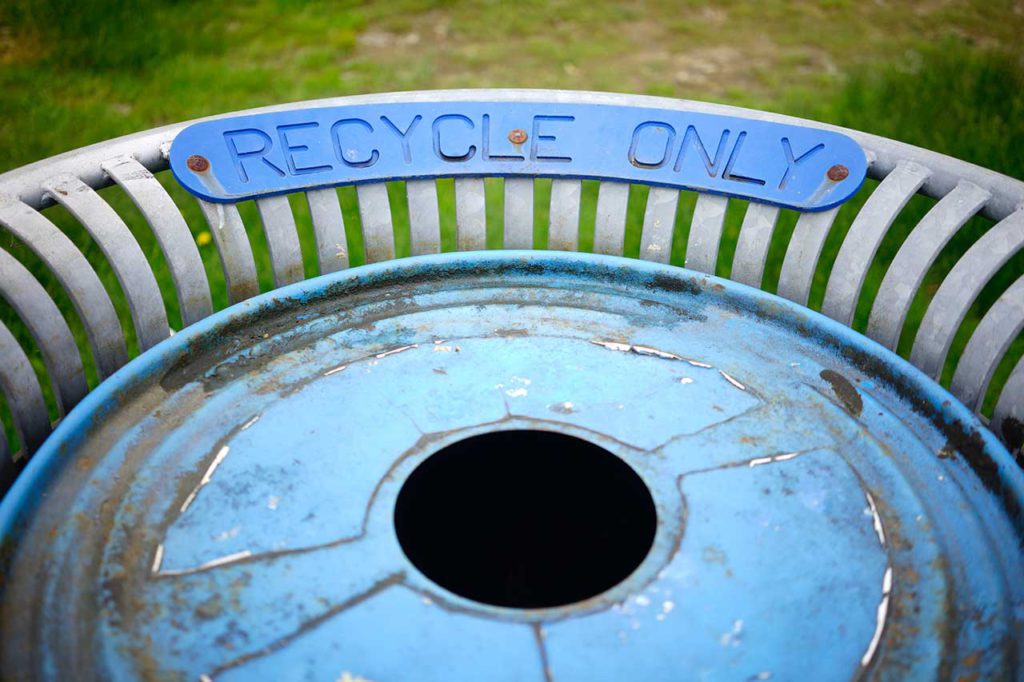While we can still work to prevent some of the environmental threats, others should be reversed. Being a large part of the tourism industry, hotels can contribute to making a significant difference by applying certain changes in their policies.
Apart from offering the obviously necessary environmental benefits, sustainability in hospitality also proves to be more profitable in the long run by lowering costs and attracting consumers. While owning or managing a hotel or resort you have access to a number of practices which will make the place more eco-friendly.
Eliminating plastics
It is no news that plastics are not environmentally feasible. Single-use plastic items, produced for a whole range of purposes are used for one day or shorter. When disposed of, they take 1000 years to decompose, acting as a menace for all animals, especially marine life during that time.
However, it’s becoming clear now that it can be replaced in almost all circumstances. Biodegradable materials, paper bags, and cloth bags are an easy solution for storing laundry, food, and other purposes. You can use wax wraps instead of plastic to store food products. Instead of providing guests with plastic toothbrushes, provide them with eco-friendly bamboo ones with a sweet note that informs them of its organic origin and encourages them to take the toothbrush home after their stay.
Unnecessary Packaging

Thanks to the increased awareness, many consumers wary of public places that promote the use of plastics. They tend to avoid these places, ruining hoteliers whose success depends on attracting customers. There are a number of startups that offer refills without the hassle of plastic packaging for food products, cleaning supplies and toiletries. Many famous chains including Marriott have successfully started placing pump bottles in washrooms instead of tiny bottles of shampoos and lotions.
Utensils
One of the most common plastic items on hotel tables are straws. Millions of straws are used and discarded every day. Instead, you can swap them for metal straws, which are safer and can be recycled. Straws made from bamboo or other plant-based materials serve the same way as normal straws but unlike plastic, they decompose easily.
Many hotels, bars and restaurants around the world have already opted to go with reusable steel straws instead of plastic ones. There have even been some really interesting developments that can leave your guests wowed, for example, pasta straws that have been developed recently by an Italian manufacturer.

Waste Not Want Not
75% of the environmental issues in the hospitality sector are related to the excessive consumption of resources. Thanks to the latest technologies, you can prevent this with ease.
Waste Utilization
One man’s trash is another man’s treasure. The things we throw out can often be reused and recycled to serve beyond their original purpose. For instance, many vegetable cuttings can be used to create compost, which can provide important nutrition for your garden. Stained tablecloths and bed sheets can be recycled into new aprons for chefs or into new laundry bags, as proven by one hotel in Toronto. Set up a recycling system for the trash and prompt your guests to properly use it by putting up informational posters.

Go Paper Free
In an era of astounding technological advances, relying on paper for your day-to-day customer dealings seems not just old-fashioned, but wasteful as well. Almost everyone today owns and uses a smartphone. Every business needs to adapt with its audience, therefore many hotels have developed their own smartphone applications and blogs that the customers can enjoy.

Through such facilities, customers can also pay bills, check in and check out, give reviews and suggestions all at their fingertips. Smart travel assistants like Manet offer tools that help hotels meet at best their guests’ needs making their stay unique as well as sustainable by eliminating the need to print menus, catalogues, leaflets and any other paper based marketing material that hoteliers need to sell their ancillary services.
Tropical Climate? Collect Rainwater

By collecting rainwater through a simple filter, you can save yourself up to 70% of the main water system’s usage. The Renewable Energy Hub is one company that offers such facilities.
Transport

Cars emit tons of carbon into the air every day. You can encourage your customers to use rentals and public transport by offering discounts and giving out a ‘walking map’ which shows all transport points. Environmentally-friendly options such as electric cars and bicycles can be encouraged in a similar manner by setting up bike rentals and EV charging outside the hotel.
Become Energy Efficient
Lighting
Automatic lighting systems are super convenient as they save your consumers the effort while simultaneously saving you bills. No one will have to remember about turning the lights off in their rooms when they go out, and the lights on the corridors won’t have to be on all night. Other options such as LED lights which have the lowest carbon footprint and last longer are a good option as well.
Another pocket-friendly alternative is to use natural daylight wherever and whenever possible. It is known to be an instant mood-lifter – a touch your guests will surely appreciate. You should try and also install skylights wherever possible.
Renewable Energy

Investing in renewable energy options such as windmills or the more common solar panels may seem expensive. But the one-time charges more than compensate for themselves when your electricity bills go down. These clean energy sources are free for you to utilize, and unlike fuel-powered alternates they produce no harmful emissions. Some governments subsidize investments such as these in order to promote sustainability.
Train Your Staff to be Environmentally Friendly
Last but not the least, it’s very important to train your staff on the importance of taking care of the environment. Give them yearly training courses teaching them to take care of non-renewable resources; switching off lights and appliances when they’re not in use, be mindful when using water and to report and fix any leaking pipes. A well-trained staff is more important than any equipment you can buy.
Investing in these eco-friendly technologies and techniques will help you save your costs as well as the environment. As inhabitants of this planet, we should take responsibility for it and do our part in making it better – not worse.
About the author:
Giles Kirkland is a clean technology enthusiast and sustainable living advocate who blogs about his passions. You can find more of his articles at Oponeo, on Facebook and Twitter.







